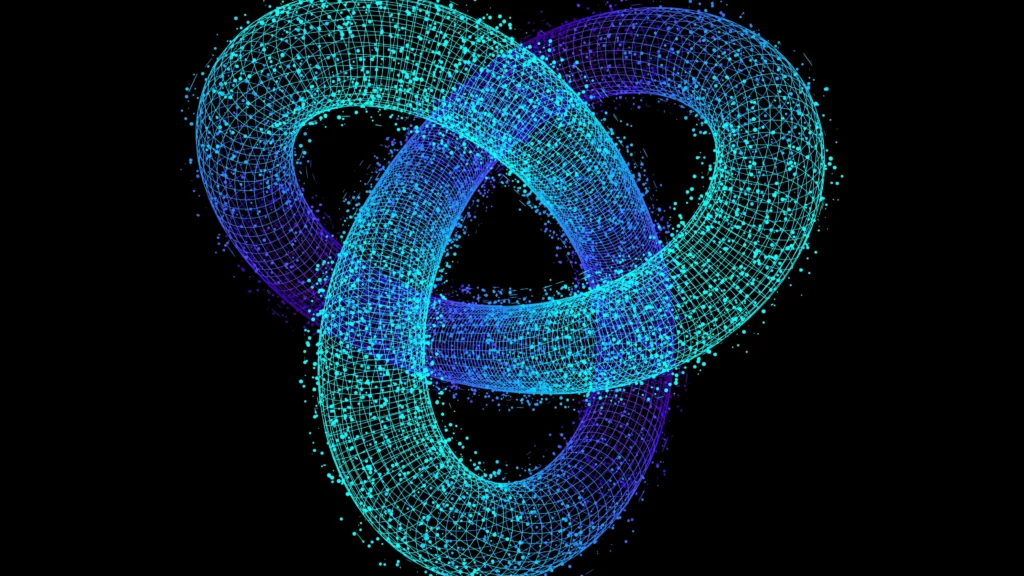As the world observes the first-ever International Day of Clean Energy, the spotlight turns to the crucial debate surrounding the phased elimination of coal while safeguarding global economies. This article delves into why nuclear power emerges as a key player in the pursuit of sustainable energy alternatives.
Amid the transition away from fossil fuels, only two clean energy sources currently possess the capacity to deliver uninterrupted power 24/7—hydropower and nuclear power. Both are pivotal in sustaining economic growth and enhancing human welfare.
Also Read: What are the Best Skills to Unlock First in Enshrouded?
Nuclear’s Low-Carbon Contribution
Providing approximately a quarter of the world’s low-carbon electricity, nuclear energy stands out for its reliability and dispatchable power. It acts as a stabilizing force in the electrical grid, supporting variable renewables like solar and wind during periods of low sunshine or wind.
The International Energy Agency (IEA) reinforces nuclear energy’s role, stating in a 2022 report that it accelerates the transition away from unabated fossil fuels, making the energy sector more secure.
In addition to its low carbon footprint, nuclear power boasts features that fortify energy supply security and the clean energy transition. A single nuclear power plant can replace multiple coal-fired counterparts, offering a scalable solution.
Industries reliant on coal, such as steel production, can be decarbonized through nuclear power’s advanced reactors, capable of producing high-temperature steam.
Nuclear electricity production costs are less susceptible to fuel price fluctuations compared to oil and gas. With abundant and energy-dense uranium, nuclear power ensures stable energy production over several years.
From cradle to grave, nuclear energy exhibits the lowest carbon footprint, uses fewer materials, and occupies less land compared to alternative sources. For instance, solar power requires significantly more material and land to produce equivalent energy.
Ranked as the second safest energy source globally, nuclear power meticulously manages and regulates nuclear waste, dispelling concerns about its environmental impact.
Leaders from 22 countries, during COP28 in Dubai, signed a declaration to triple global nuclear energy capacity by 2050 to meet climate goals and energy needs.
Environmental activists and world leaders are increasingly recognizing the benefits of nuclear power. Attitudes are shifting, as evidenced by the endorsement of nuclear energy at prominent climate change forums.
Scheduled for March 21, 2024, the Nuclear Energy Summit, co-chaired by IAEA Director General Rafael Mariano Grossi and Belgian Prime Minister Alexander De Croo, marks a significant milestone. It represents the highest-level meeting exclusively focused on nuclear energy, highlighting its growing global importance.
Conclusion
As the world collectively acknowledges the International Day of Clean Energy, the ascent of nuclear power into the spotlight signifies a paradigm shift. Acknowledging its safety, low carbon footprint, and indispensable role in addressing global challenges, nuclear energy emerges as a pivotal player in steering humanity towards a cleaner, more sustainable future.
Also Read: Necaxa Holds High-Flying Aguilas in Intense Showdown; Brandon Vazquez Shines with a Brace




Pingback: Dakota Johnson and Justin Timberlake Reunite on SNL Stage: A Nostalgic Monologue 2024 - 𝐋𝐈𝐎𝐍𝐉𝐄𝐊 News